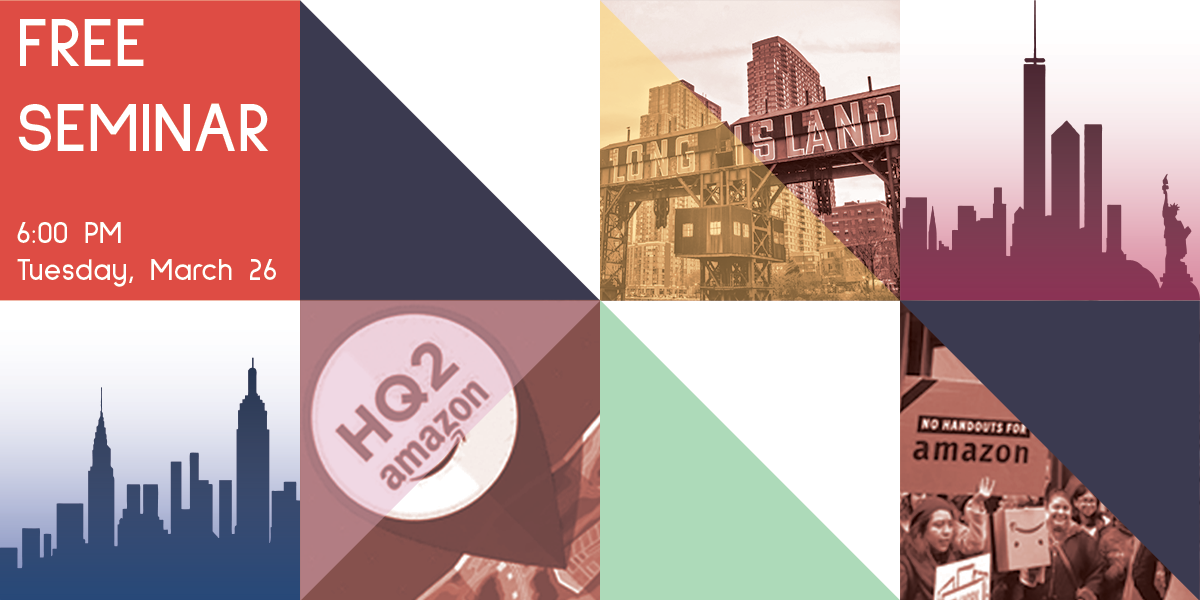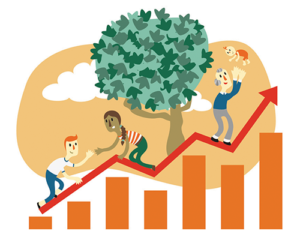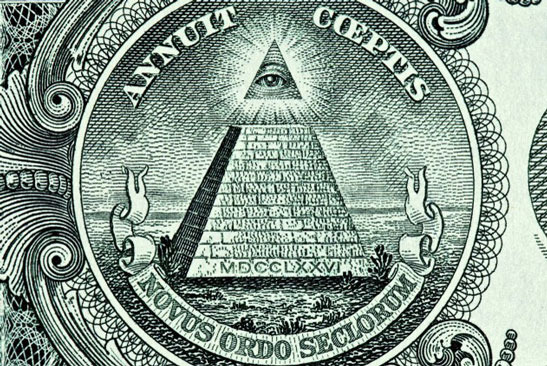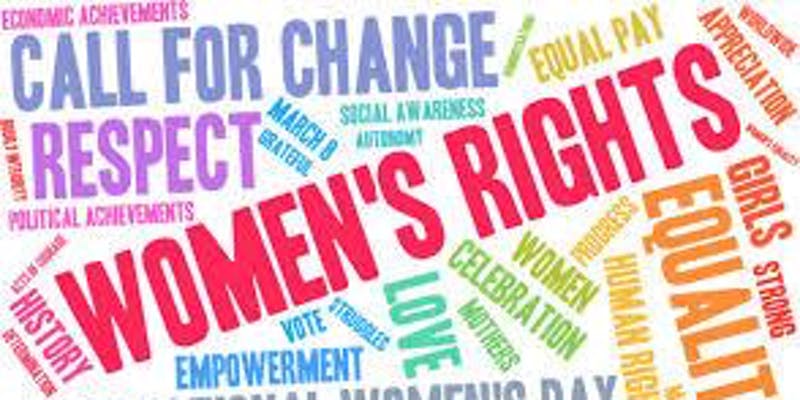THE NEW ECONOMICS OF THE BUSINESS CYCLE
Session 4
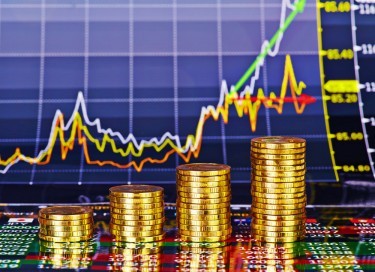
Upheavals in how the U.S. economy operates have transformed Americans from wealth creators to creative borrowers. This course looks at how abandoning the Gold Standard, a bulwark of the world economy since the Industrial Revolution, has helped replace capital accumulation and investment with credit-fueled consumption. Will this revolutionary shift usher in a new era of growth or lead to yet another wave of cyclical depressions? What is the role of land in this process? This five-lesson course will highlight structural changes to the U.S. economy since the demise of the World War II-spawned financial order, also known as the Bretton Woods system.
Instructor: Dr. Ibrahima Drame
Location: 149 East 38th Street, New York, NY 10016
Time: 6:30 PM – 8:30 PM
Dates: Mondays: 3/11, 3/25, 4/1, 4/8, 4/15
Session 4


